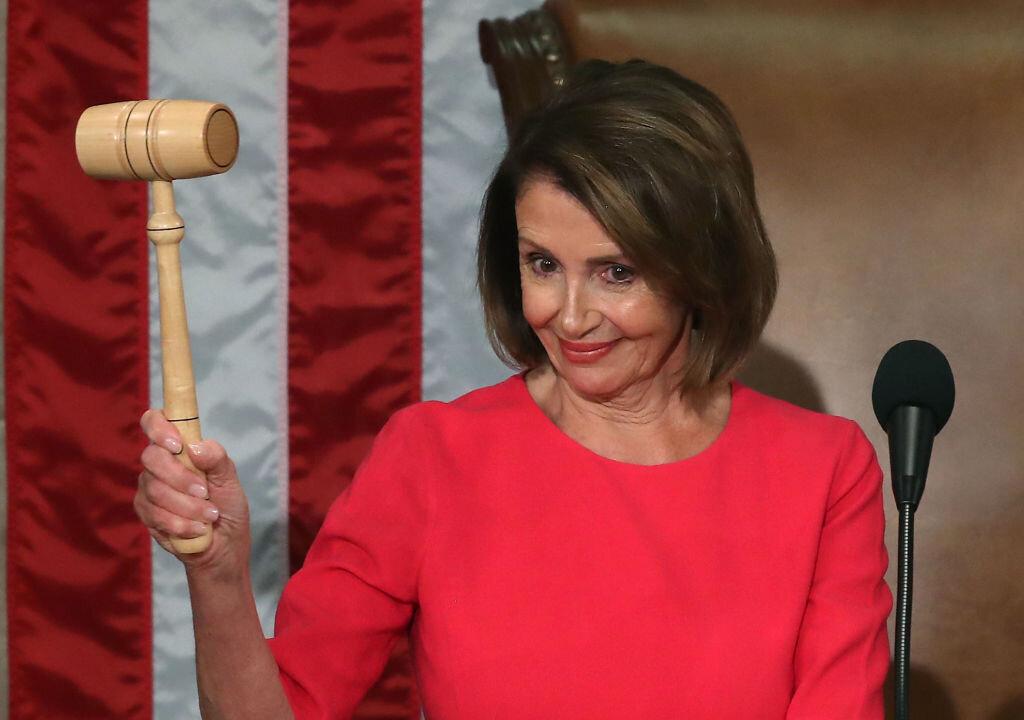Candidates for federal offices, plus their campaign backers and opponents, would face a host of new limits on what they can say and do if the House Democrats’ “For The People Act” becomes law.
Democrats only control the lower chamber in Congress, so the measure, H.R. 1, won’t become law before the 2020 elections, if ever, but the 571-page proposal erects multiple billboards on the road that Democrats will take if voters put them back in the driver’s seat.





